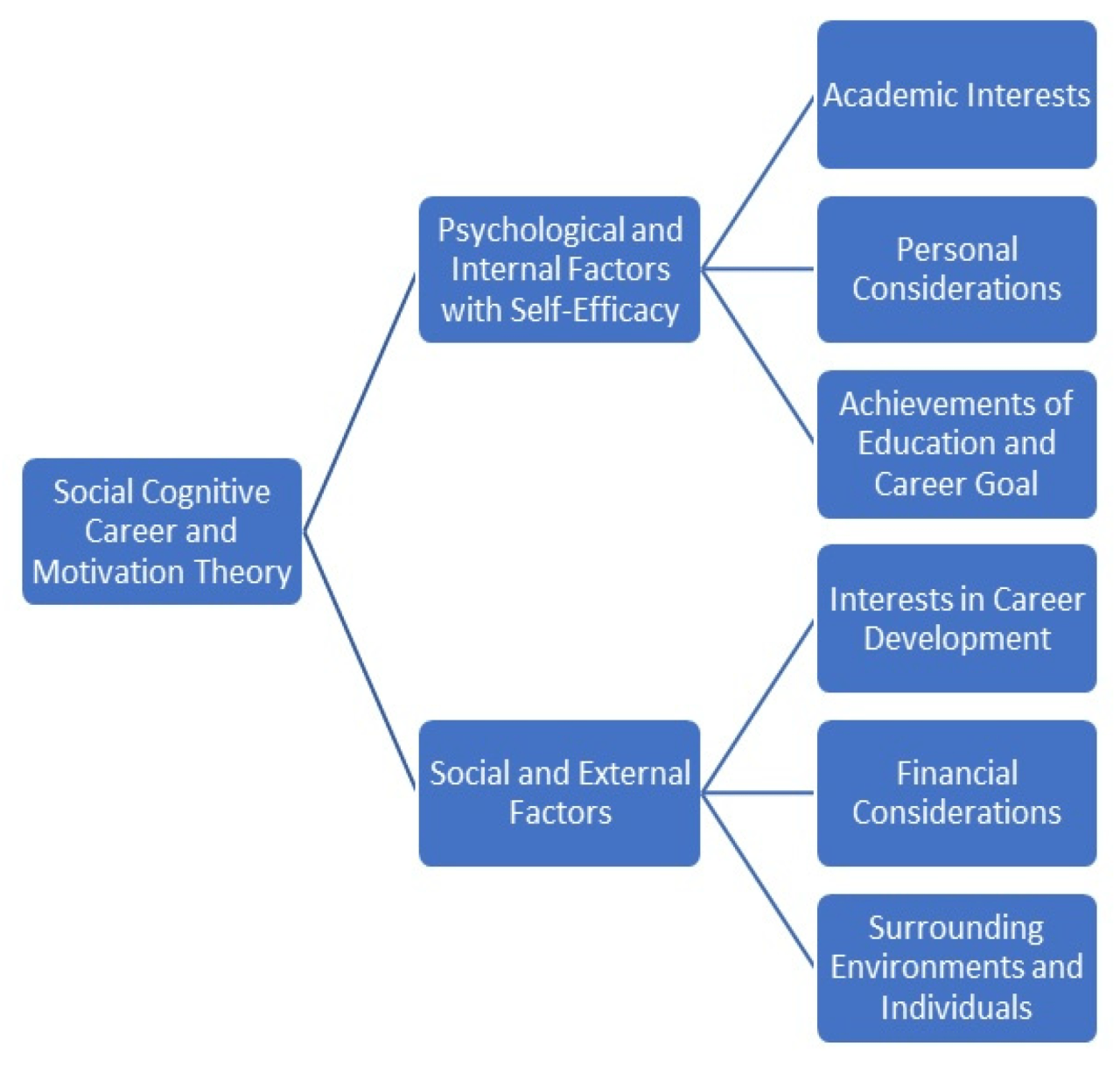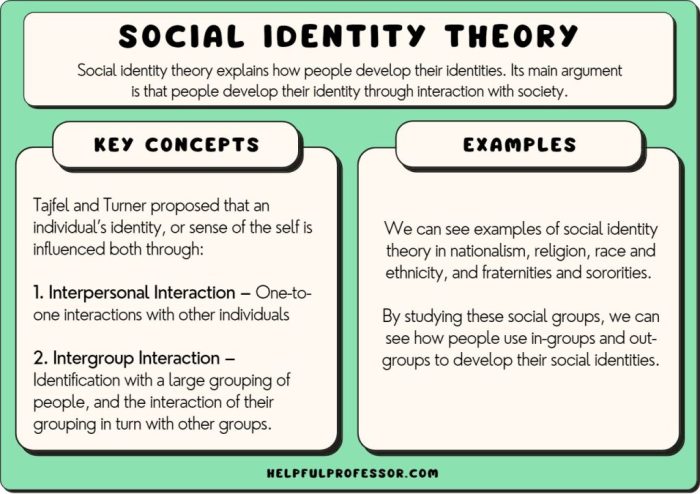Threats to personal and social identity motivate individuals to restore their sense of self and belonging. This essay explores the psychological processes that drive this motivation, examining the consequences of identity restoration and the challenges individuals may face in the process.
Threats to Personal and Social Identity

Threats to personal and social identity are prevalent in today’s society. These threats can have a profound impact on an individual’s sense of self and well-being.
Threats to Personal Identity
- Cyberbullying: Harassment and intimidation through electronic means, such as social media and email.
- Identity theft: Unauthorized use of an individual’s personal information, such as their name, address, and credit card number.
- Discrimination: Unfair treatment based on personal characteristics, such as race, gender, or sexual orientation.
These threats can lead to feelings of anxiety, depression, and low self-esteem.
Threats to Social Identity
- Social exclusion: Being excluded from social groups or activities.
- Discrimination: Unfair treatment based on group membership, such as prejudice against immigrants or people with disabilities.
- Prejudice: Negative attitudes and beliefs about a particular group of people.
These threats can lead to feelings of loneliness, isolation, and reduced well-being.
Motivation to Restore Personal and Social Identity, Threats to personal and social identity motivate individuals to restore
Individuals are motivated to restore their personal and social identities after experiencing threats. This is because identity is an important part of a person’s sense of self and well-being.
The restoration process involves rebuilding a sense of self and belonging. This can be done through self-esteem, social support, and coping mechanisms.
- Self-esteem: A positive evaluation of oneself.
- Social support: Emotional and practical help from others.
- Coping mechanisms: Strategies for dealing with stress and adversity.
Consequences of Identity Restoration
Identity restoration can have positive consequences, such as improved self-esteem, increased social belonging, and reduced psychological distress.
However, the process of identity restoration can also be challenging. Individuals may face setbacks and obstacles along the way.
Despite the challenges, successful identity restoration can lead to positive outcomes for individuals.
FAQ Insights: Threats To Personal And Social Identity Motivate Individuals To Restore
What are common threats to personal identity?
Cyberbullying, identity theft, and discrimination are common threats to personal identity.
How do threats to social identity impact individuals?
Threats to social identity can lead to social isolation, loneliness, and reduced well-being.
What are the positive consequences of identity restoration?
Identity restoration can lead to improved self-esteem, increased social belonging, and reduced psychological distress.

